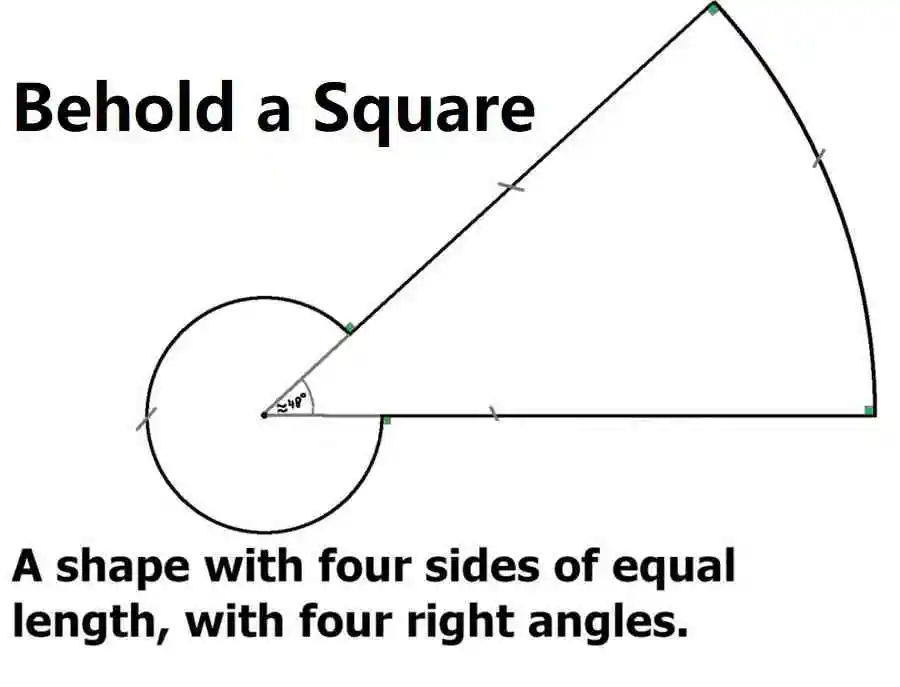this post was submitted on 21 Sep 2024
1248 points (97.3% liked)
Science Memes
12399 readers
2580 users here now
Welcome to c/science_memes @ Mander.xyz!
A place for majestic STEMLORD peacocking, as well as memes about the realities of working in a lab.

Rules
- Don't throw mud. Behave like an intellectual and remember the human.
- Keep it rooted (on topic).
- No spam.
- Infographics welcome, get schooled.
This is a science community. We use the Dawkins definition of meme.
Research Committee
Other Mander Communities
Science and Research
Biology and Life Sciences
- [email protected]
- [email protected]
- [email protected]
- [email protected]
- [email protected]
- [email protected]
- [email protected]
- [email protected]
- [email protected]
- [email protected]
- [email protected]
- [email protected]
- [email protected]
- [email protected]
- [email protected]
- [email protected]
- [email protected]
- [email protected]
- [email protected]
- [email protected]
- [email protected]
- [email protected]
- [email protected]
- [email protected]
- !reptiles and [email protected]
Physical Sciences
- [email protected]
- [email protected]
- [email protected]
- [email protected]
- [email protected]
- [email protected]
- [email protected]
- [email protected]
- [email protected]
Humanities and Social Sciences
Practical and Applied Sciences
- !exercise-and [email protected]
- [email protected]
- !self [email protected]
- [email protected]
- [email protected]
- [email protected]
Memes
Miscellaneous
founded 2 years ago
MODERATORS
you are viewing a single comment's thread
view the rest of the comments
view the rest of the comments

Wouldn't the angles need to be interior?
They are all interior to the meme
This meme seems to be in a 16:9 ratio making it a rectangle.
also the sides must be straight
It's 2024 now... Not everyone has to be straight anymore!
If you want to claim you are a square, you need.
WOW! just wow, do you hear yourself?
Hi.
It's actually illegal
Believe it or not, straight to jail.
Polar coordinate straight
Define straight in a precise, mathematical way.
The tangent of all points along the line equal that line
Only true in Cartesian coordinates.
A straight line in polar coordinates with the same tangent would be a circle.
EDIT: it is still a “straight” line. But then the result of a square on a surface is not the same shape any more.
I'm not sure that's true. In non-euclidean geometry it might be, but aren't polar coordinates just an alternative way of expressing cartesian?
Looking at a libre textbook, it seems to be showing that a tangent line in polar coordinates is still a straight line, not a circle.
I’m saying that the tangent of a straight line in Cartesian coordinates, projected into polar, does not have constant tangent. A line with a constant tangent in polar, would look like a circle in Cartesian.
From the link above. I really don't understand why you seem to think a tangent line in polar coordinates would be a circle.
Sorry that’s not what I’m saying.
I’m saying a line with constant tangent would be a circle not a line.
Let me try another way, a function with constant first derivative in polar coordinates, would draw a circle in Cartesian
I think this part from the textbook describes what you're talking about
And this would give you the actual tangent line, or at least the slope of that line.
But then your definition of a straight line produces two different shapes.
Starting with the same definition of straight for both. Y(x) such that y’(x) = C produces a function of cx+b.
This produces a line
However if we have the radius r as a function of a (sorry I’m on my phone and don’t have a Greek keyboard).
R(a) such that r’(a)=C produces ra +d
However that produces a circle, not a line.
So your definition of straight isn’t true in general.
I think we fundamentally don't agree on what "tangent" means. You can use
as taken from the textbook, giving you a tangent line in the terms used in polar coordinates. I think your line of reasoning would lead to r=1 in polar coordinates being a line, even though it's a circle with radius 1.
Except here you said here
https://lemmy.ml/comment/13839553
That they all must be equal.
Tangents all be equal to the point would be exponential I thinks. So I assume you mean they must all be equal.
Granted I assumed constant, because that’s what actually produces a “straight” line. If it’s not, then cos/sin also fall out as “straight line”.
So I’ve either stretched your definition of straight line to include a circle, or we’re stretching “straight line”
You're using the derivative of a polar equation as the basis for what a tangent line is. But as the textbook explains, that doesn't give you a tangent line or describe the slope at that point. I never bothered defining what "tangent" means, but since this seems so important to you why don't you try coming up with a reasonable definition?
My whole point is that a “straight done”, in general, doesn’t exist in the first place. Because in general definitions are actually really hard.
It’s not that it’s important to me. It’s that I’ve spent many parts of my day on the phone with the bank, and never should be taken for more than an asshole on the internet. Sorry if you thought I was more invested than that.
geodesic
I knew math was homophobic!
This is merely a projection of a square on the surface of a cone projected onto a plane.
This is also not a polygon. It has infinite and 2 sides at the same time.
This actually has six right angles if you include exterior ones.